The Hayat Tahrir al-Sham group is looking to restore life in Syria to pre-civil war times. The rebel group, which orchestrated the stunning downfall of president Bashar al-Assad, is continuing to push out messages of unity to a population severely scarred by decades of domestic division.
The Hayat Tahrir al-Sham (HTS) rebel group in Syria is consolidating its power just 10-days after the country’s long-time autocratic president, Bashar al-Assad was dramatically removed from power.
Key sectors of the country are slowly being dragged under their control with the latest two being the military and police forces.
HTS which led a coalition of militias in a surprise offensive late November leading to al-Assad’s downfall, has emerged as the top entity in Syria. In the last 10-days, they’ve appointed a new interim government, and urged Syrians abroad, some displaced for over a decade, to return home.
Life in Damascus is steadily returning to normal. Schools have been reopening and social services are being restored. Foreign embassies are also slowly reopening, the French flag was raised over its embassy in Damascus, a symbolic gesture from Paris. French officials confirmed a top diplomat has arrived at the Syrian capital; for the first time in 12 years, to engage in talks with the country’s new administration.
HTS, led by Ahmed al-Sharaa; formerly known by his alias Mohammed al-Golani, says they’ve undergone internal reforms highlighted by a desire to create a Syria that’s based on unity, nationalism and peace.
HTS gains a foothold on Damascus police forces
Abou Othma, who formerly headed the Idlib police, has been appointed by the HTS to manage all police stations in the capital.
He’s been tasked with enforcing the group’s new laws, which are yet to be rolled out. A new set of laws are set to come out soon, but for the time being, they’re still under discussion.
It’s a mountainous task ahead, as the Damascus police force must essentially be built from scratch. All police officers serving in the capital under al-Assad were replaced and their weapons recovered.
"Most of the former police officers fled straight away when we arrived. But we did arrest a few of them," said a man carrying a gun, who recently joined the new police force, and did not share his name.
New officers are being brought in from the northwestern Syrian city of Idlib, the stronghold of the ruling rebel group.
"I arrived here in Damascus seven days ago. We're just here to protect the population," said a newly appointed policeman who recently arrived from Idlib.
The Damascus police currently have very limited and restricted duties. Until the new laws are announced, they cannot enforce anything. Most of their day-to-day operations involves taking complaints from the public and providing assurances.
A clear legal framework aside, Damascus police are also battling staff shortages.
"We clearly have a shortage of police officers. So we're going to open the doors of our establishment to those who want to join us. So, after evaluation, we will proceed with recruitment," says Damascus police chief, Abou Othma.
Former soldiers under al-Assad allowed to reconcile their status with the new interim government
Hundreds of Syrian soldiers and officers lined up on Tuesday outside a reconciliation centre in Latakia city in northern Syria.
The aim was to register their details with the new interim government so they could obtain new identity cards allowing them to freely live and roam around the country.
“We have opened this centre in Latakia province, the centre receives all those who were affiliated with the former ousted regime. The idea of the reconciliation centre is to give the soldiers reconciliation ID for three months that allows him to move freely and safely in Syria," says Mohammad Mustafa, State Security officer in the interim government.
Former soldiers filled out application forms comprising their personal information. Their weapons are also confiscated before the process is complete.
"Those who are holding a weapon, it will be taken away from them, then applications will be filed with all the info, then new Identity cards are issued and delivered to them," noted Mohammad Mustafa.
The new HTS-appointed Syrian interim government gave safety assurances and amnesty to former soldiers and police officers who didn’t partake in the torturing and killing of civilians during al-Assad’s reign.
The new administration called on people to go back to work and urged Syrian refugees around the world to return to help rebuild.
It announced plans to rehabilitate and vet the security forces to prevent the return of “those with blood on their hands".

 2 weeks ago
8
2 weeks ago
8
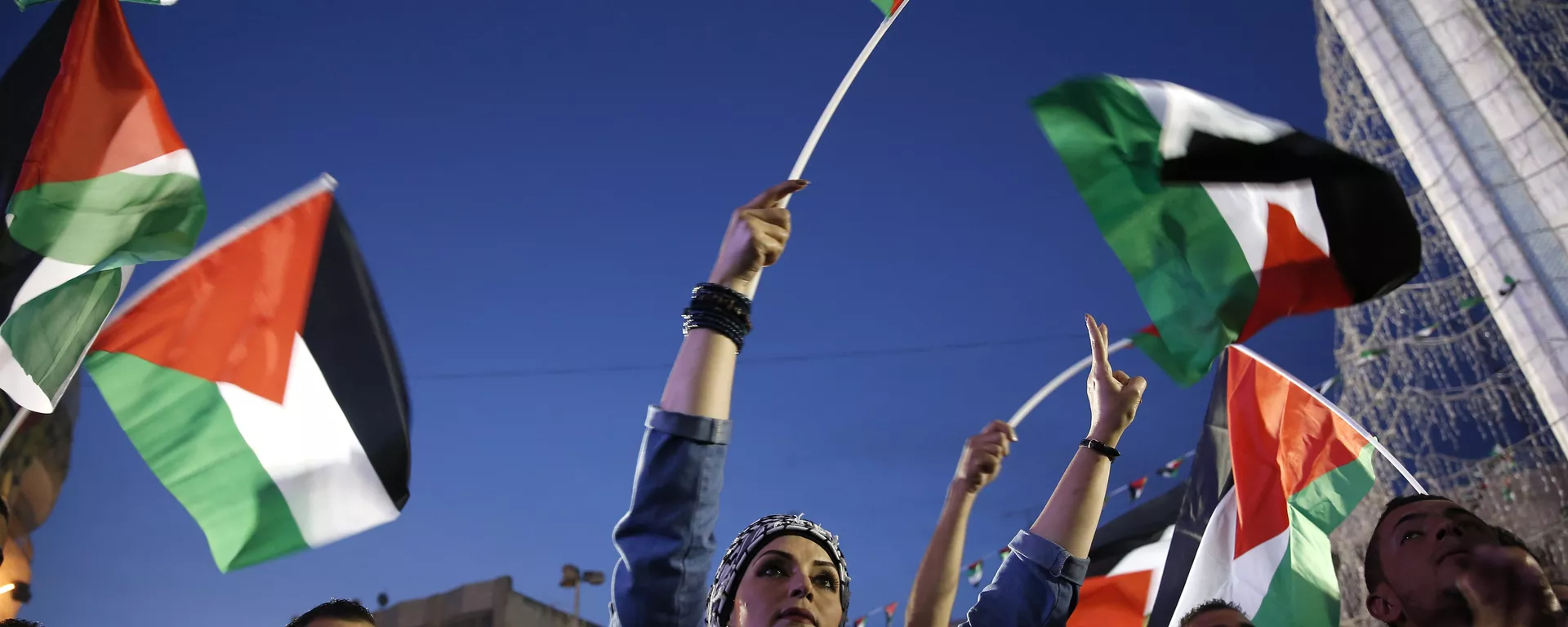
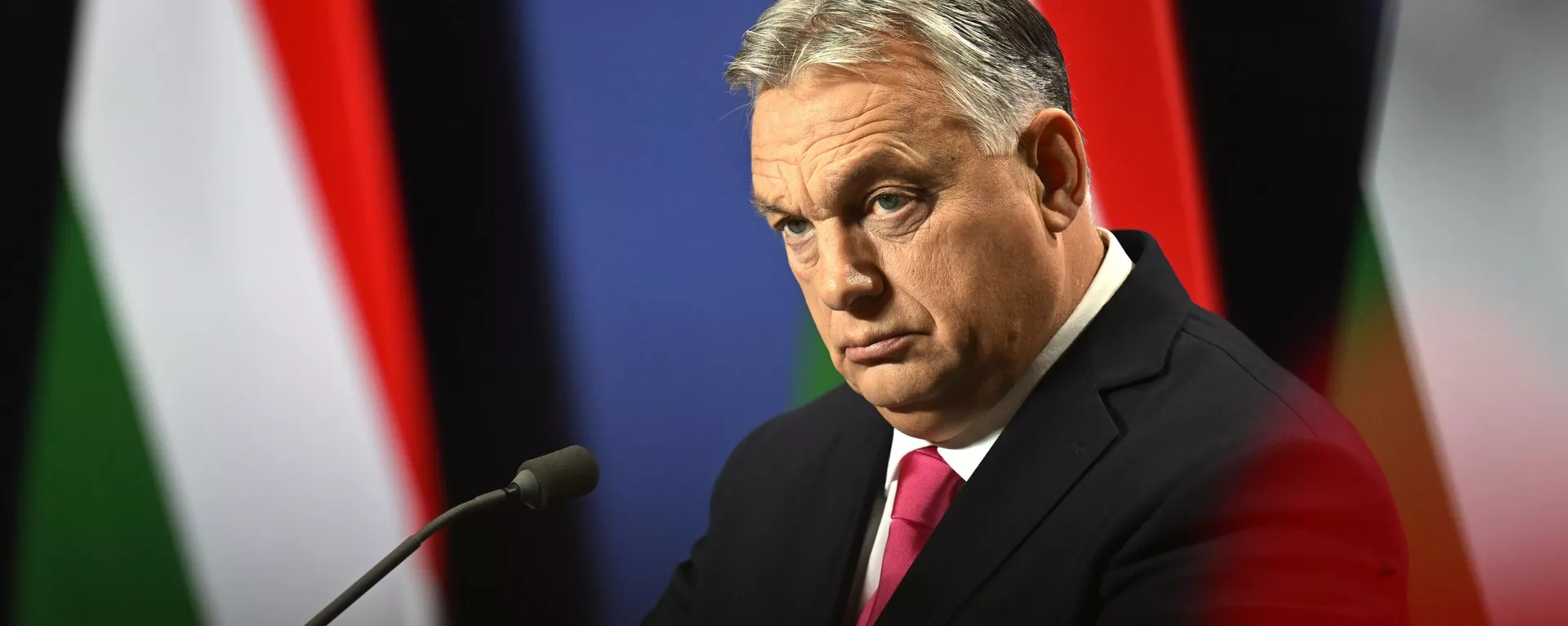
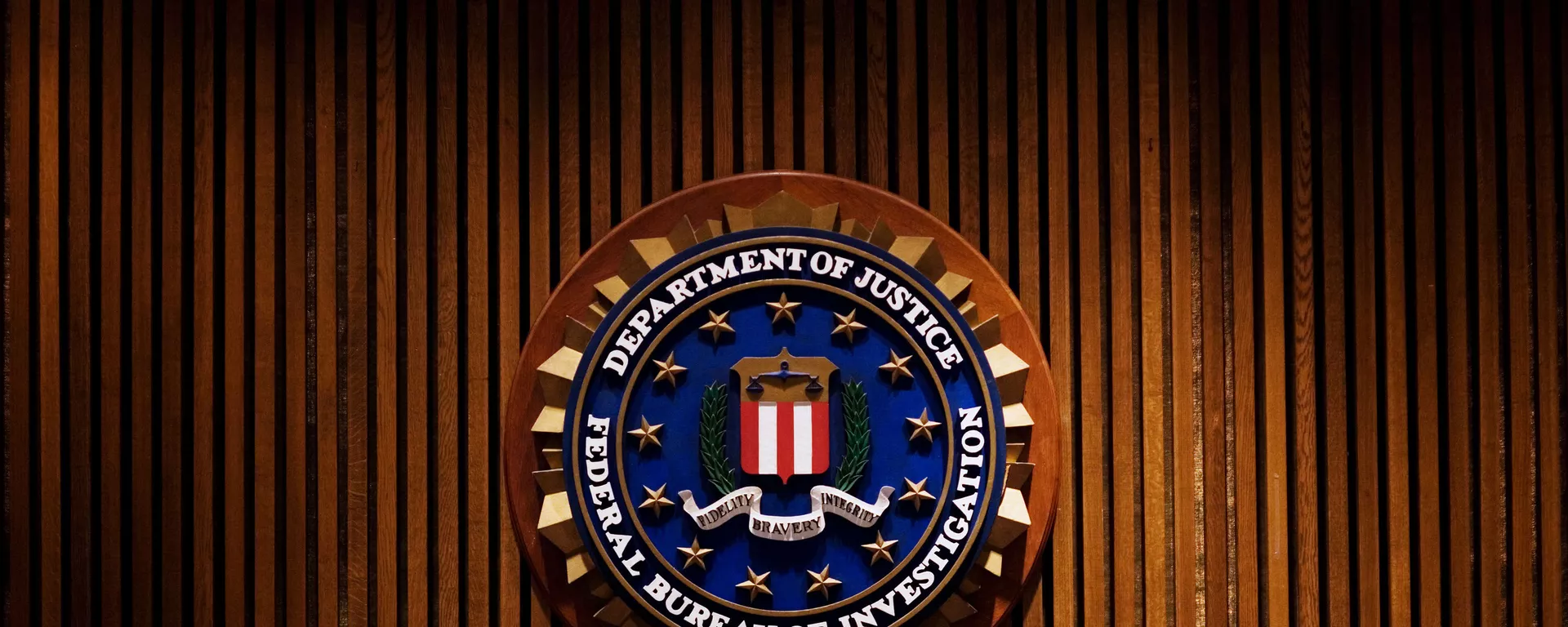
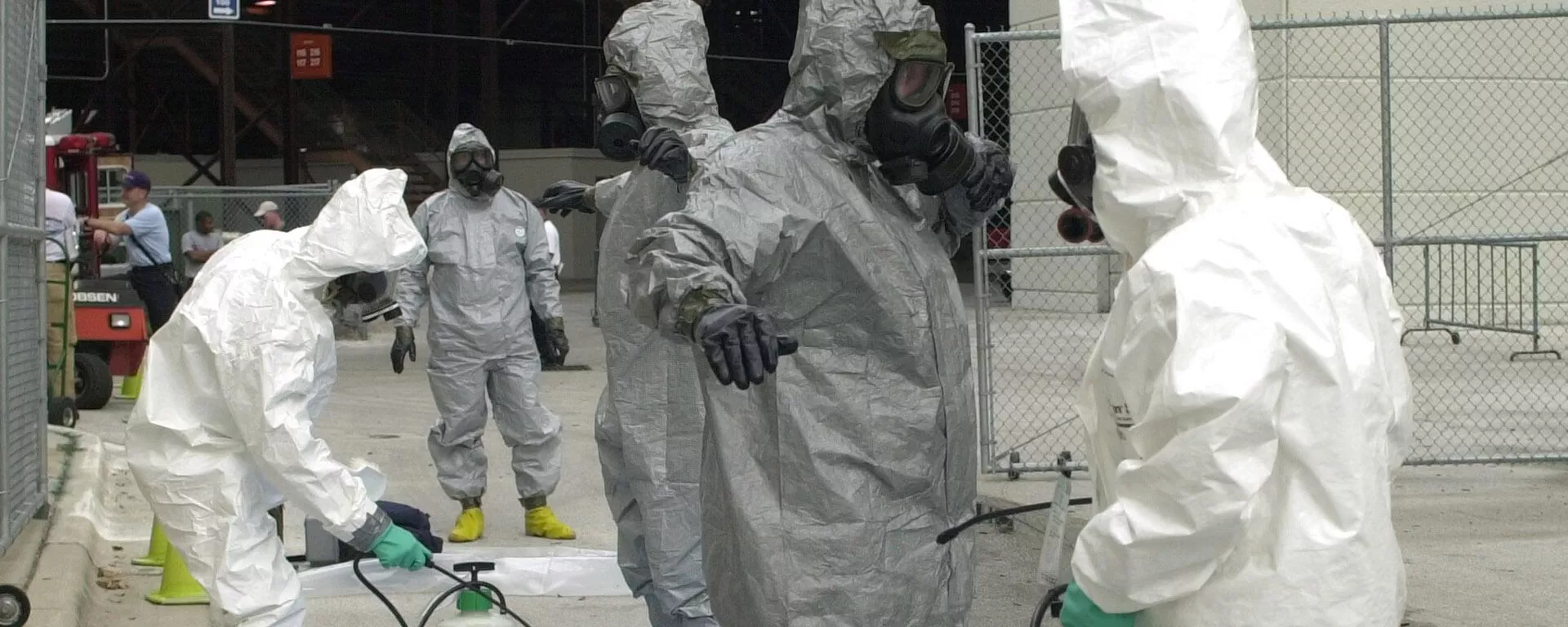
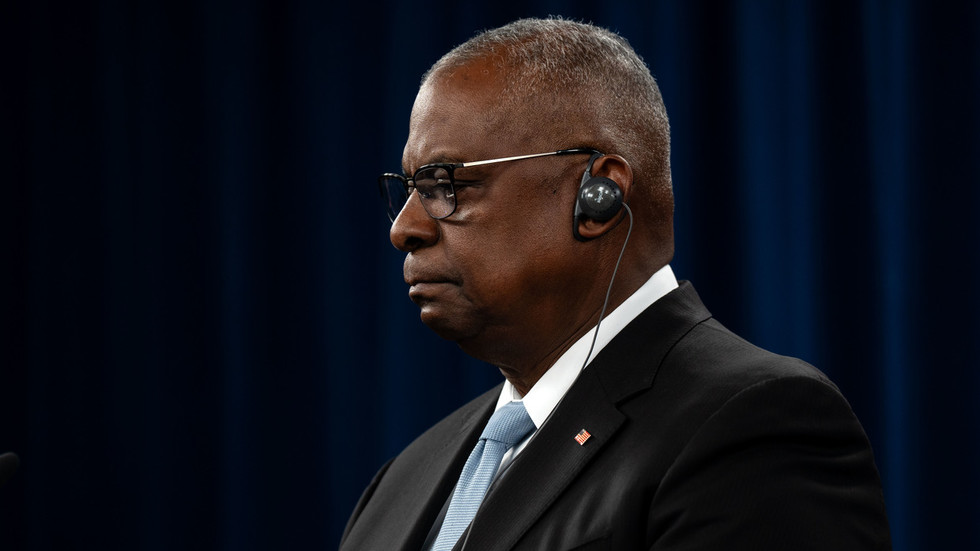
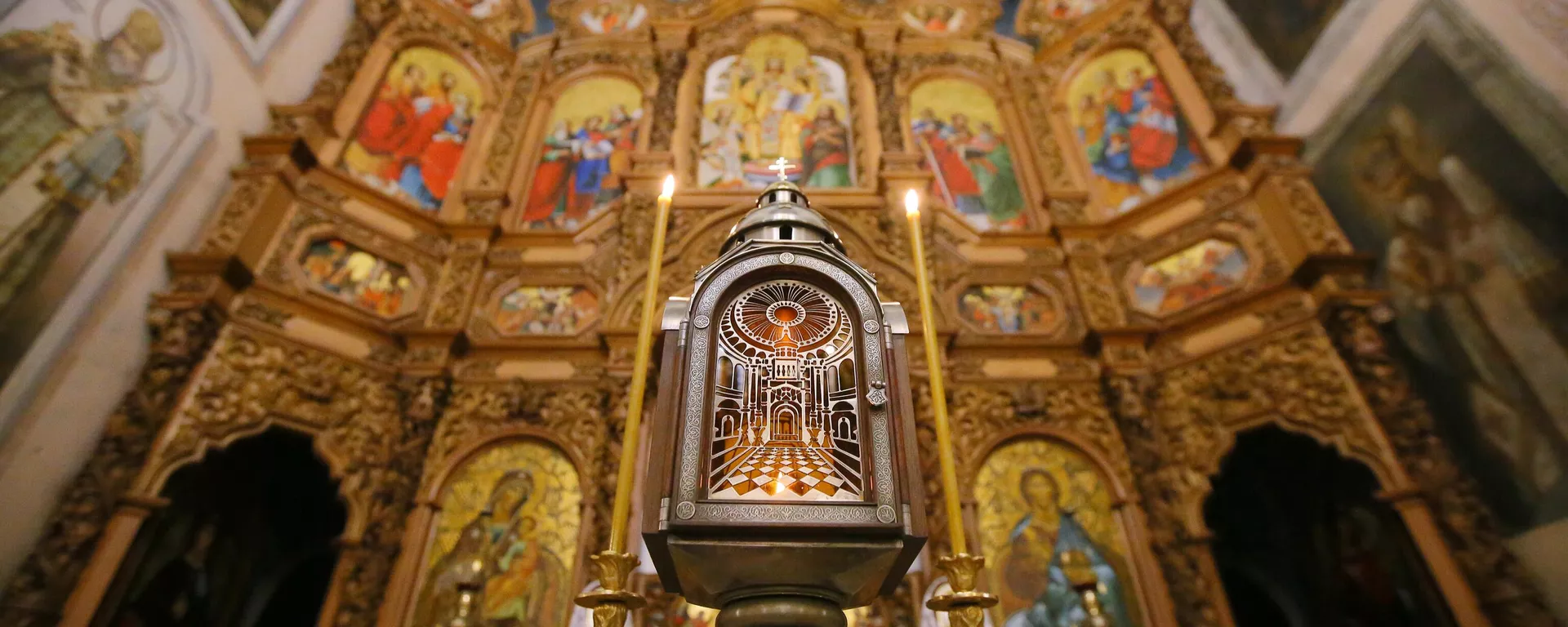
 We deliver critical software at unparalleled value and speed to help your business thrive
We deliver critical software at unparalleled value and speed to help your business thrive






 English (US) ·
English (US) ·